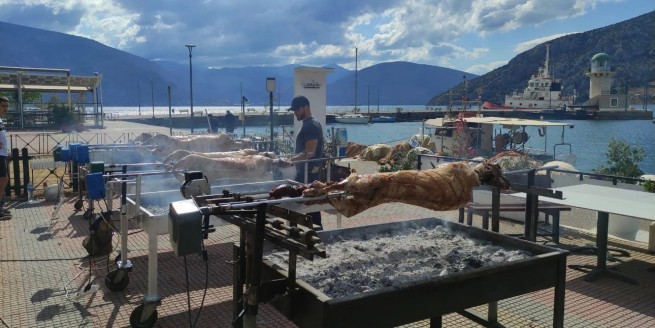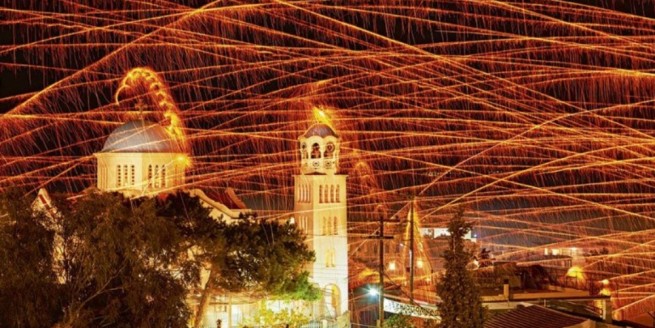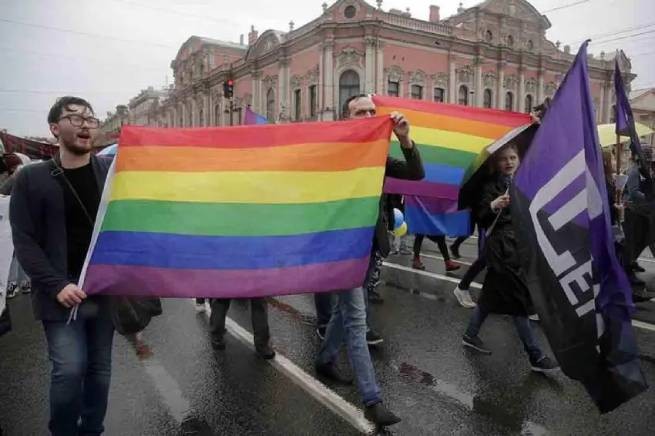Amid government repression, surveillance and threats of imprisonment, the LGBTQ+ community in Russia is uniting.
Euronews journalists spoke with queer activists who remained in the Russian Federation, despite the growing hostility towards the community. One of them, Soph, says:
“I’ve had to learn to help people in completely different stages of despair. We answer emails every day, every week, seven days a week.”
A volunteer at Center-T in St. Petersburg receives many desperate requests for help. The senders of the emails are representatives of the Russian trans community who are currently experiencing fear and uncertainty. Parliament is implementing a law that completely prohibits transgender transition and introduces liability for doctors who provide medical care to transgender people.
The activities of Center-T are aimed at improving the quality of life of transgender people in Russia. The center’s staff helps them get medical care, access to hormones and even a safe route out of the country.
The law passed in July prohibits more than just gender reassignment. Transgender people were prohibited from adopting children and being their guardians. Authorities will also be able to dissolve the marriage of a person who has previously changed the gender marker in their documents. Previously, a law was passed completely banning so-called LGBT propaganda. LGBTQ+ activist Alexey says:
“We had to freeze many of our plans, projects related specifically to regional development, because we now have an ethical obligation. A person who acts openly under the community brand can be considered a foreign agent, and this has serious consequences.”
Russian trans activist and human rights lawyer Maria Arkhipova, who now lives in Georgia, believes that these laws could have disastrous consequences for the country’s LGBTQ+ community:
“People find themselves in a situation where they are forced to commit suicide. Some will be forced to flee abroad.”
Activists prefer to stay in the country as long as possible. Alexey explains:
“If the question arises between prison and leaving, of course, you already choose to leave, but I will try to stay as long as possible. Because I see that many people cannot leave, and the LGBT community needs support.”
However, other countries are also passing laws that limit the possibility of publicly expressing one’s identity. Hungary, for example, passed a law in 2021 banning the display of homosexual material to minors. Some regions of Poland are also trying to create so-called “LGBT-free zones.” And in Uganda, a law passed in May imposes the death penalty in some cases for “aggravated homosexuality” or sexual relations with HIV-positive people.
Graham Reed, head of the lesbian, gay, bisexual and transgender rights department at Human Rights Watch, believes that there are “common features” between Russia and these countries:
“On the one hand, this is a minority rights issue because these laws disproportionately impact LGBTQ+ people. This is a political tool aimed at achieving a larger goal, and that goal is fundamentally anti-democratic because while it targets a specific minority group, The implications for human rights are much broader and will affect the rights of everyone.”







More Stories
Shock: Drag queen will carry the Olympic flame in Paris
Greece consistently ranks last in the EU for media freedom
Nuclear arsenals under AI control: how likely is the Terminator scenario?